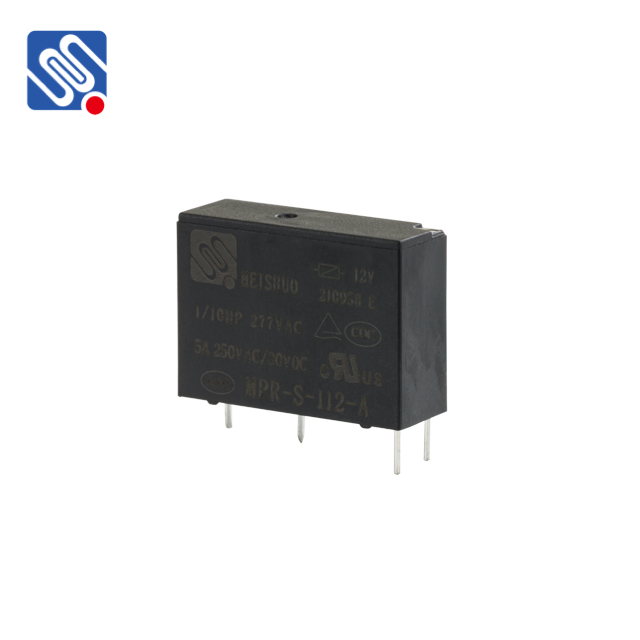understanding relay stability: a key concept in power systems
Release time:2025-03-25 12:01:50
Relay stability is a crucial aspect in the protection and operation of power systems, ensuring that relays function correctly when required, without any false tripping or maloperation. In power system protection, relays are used to detect abnormal conditions such as overloads, short circuits, and other faults. They trigger circuit breakers to isolate faulty sections and maintain the system’s integrity. However, a relay's ability to operate correctly during fault conditions is influenced by its stability. Stability, in this context, refers to the relay’s ability to correctly identify fault conditions without erroneously tripping during normal conditions or disturbances.

Meishuo is a term often associated with advanced relay technologies and their use in improving the stability of power system protection schemes. As power systems become more complex with higher loads, distributed energy sources, and smart grid technologies, the need for more robust relay stability mechanisms increases. Meishuo emphasizes the application of innovative relay algorithms and technologies to enhance the performance and reliability of these systems. These solutions aim to address the challenges of maintaining relay stability even during transient conditions or in the presence of power system disturbances.

